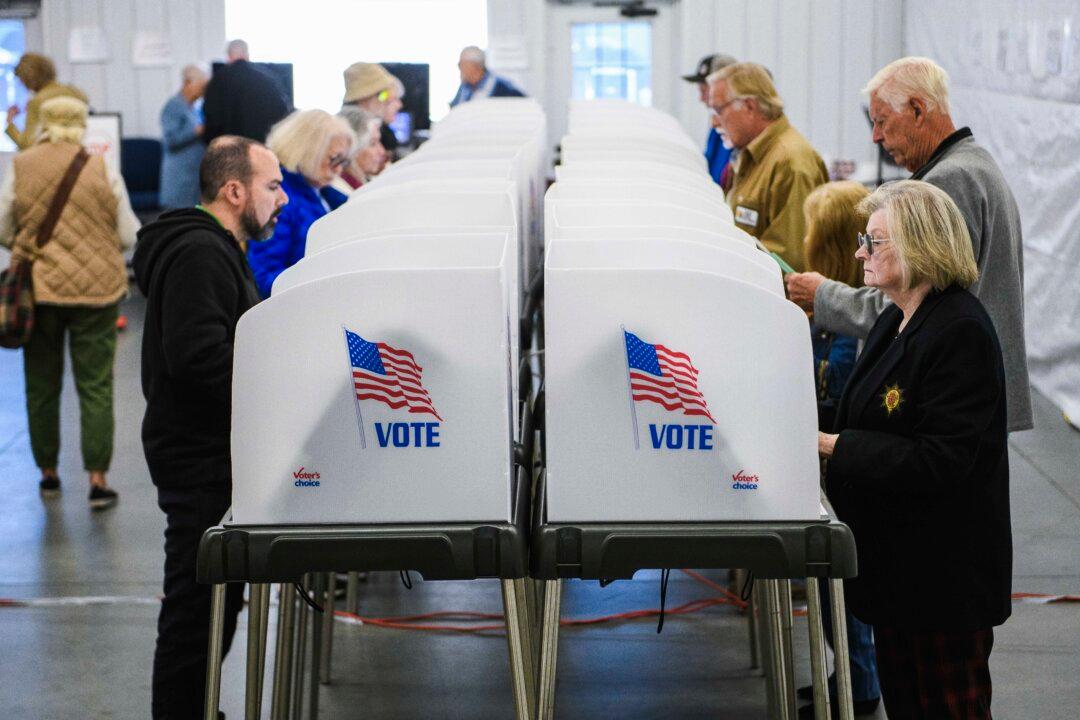It’s a kitchen table kind of election—just ask North Carolinians.
As former President Donald Trump makes the case that he can manage the economy better, Democratic presidential nominee Vice President Kamala Harris must persuade voters she can improve things even as she defends the administration she has co-helmed for almost four years.





